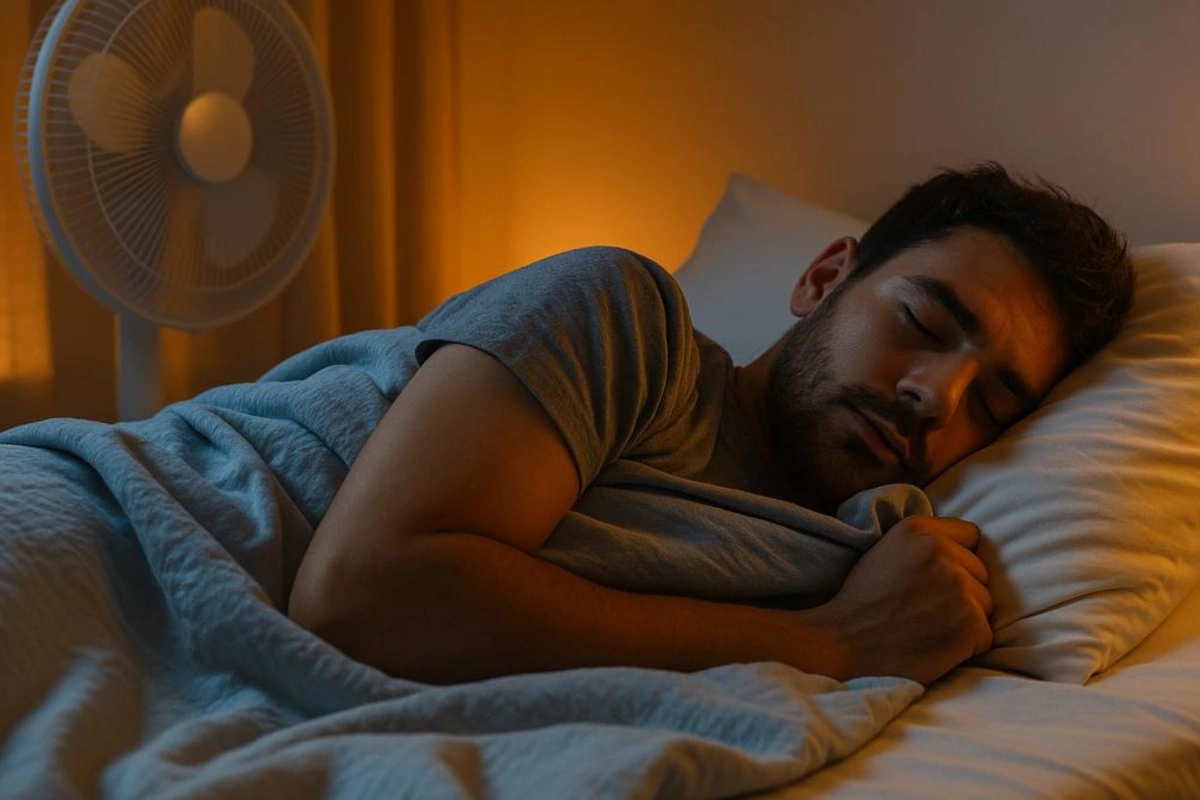What scientists recommend if you wake up in the middle of the night## ChatDev: Collaborative AI Systems

Waking up in the middle of the night is familiar to many. It can happen for different reasons: stress, anxious thoughts, physiological processes, or external stimuli. Scientists have been studying this phenomenon for a long time and provide specific recommendations on how to deal with insomnia that occurs in the middle of the night.
The main thing that researchers emphasize is that you shouldn't panic or try to force yourself to sleep. Tension and anxiety only exacerbate the problem. Instead, it's recommended to relax and accept the fact of temporary awakening. Understanding that short-term sleep deprivation is not dangerous already reduces stress levels.
If sleep is gone, it's helpful to get up and engage in calm activities. Quiet activities under soft light are suitable: reading, light stretching, breathing exercises, or meditation. It's important to avoid bright light, using a phone or computer, as blue light suppresses the production of melatonin - the sleep hormone.
Scientists advise paying attention to breathing and bodily sensations. Slow deep breathing, gradual muscle relaxation, and concentration on body sensations help restore sleep. Progressive muscle relaxation technique is particularly effective: sequentially tensing and relaxing different muscle groups from head to toe.
Controlling temperature and comfort in the bedroom is also important. Specialists recommend maintaining a cool and quiet environment, using a comfortable bed, and maintaining the correct posture. Sometimes it helps to air out the room a bit or change position to remove discomfort that prevents falling asleep.
Psychologists and somnologists note that constant night awakenings can be associated with chronic stress, anxiety disorders, or sleep schedule disruptions. In such cases, it's useful to keep a sleep diary: record bedtime, awakenings, and sleep quality. This helps identify patterns and causes of insomnia, and also allows specialists to give more accurate recommendations.
Another method confirmed by research is returning to bed only when feeling sleepy. If after 20-30 minutes of trying to fall asleep, sleep doesn't return, it's better to get up and engage in quiet activities rather than lying down and worrying. This strategy prevents forming a negative association between bed and insomnia.
It's important to remember about prevention. Regular sleep schedule, limiting caffeine and alcohol in the evening, moderate physical activity during the day, and reducing stress factors before bedtime help reduce the likelihood of night awakenings. Creating "sleep rituals" - quiet reading, warm shower, relaxing music - prepares the body for proper rest.
In conclusion, scientists advise taking night awakenings calmly, using gentle relaxation methods, controlling the sleep environment, and gradually developing healthy habits. Systematic application of these recommendations helps restore normal sleep and improve the quality of rest.
Similar News
The main nutritional principle for heart health has been named
The long-standing debate over what is better for the heart - cutting carbohydrates or reducing fats - may not be as critical as once thought. This is the conclu...




 Azərbaycanca
Azərbaycanca  По-русски
По-русски  English
English 





